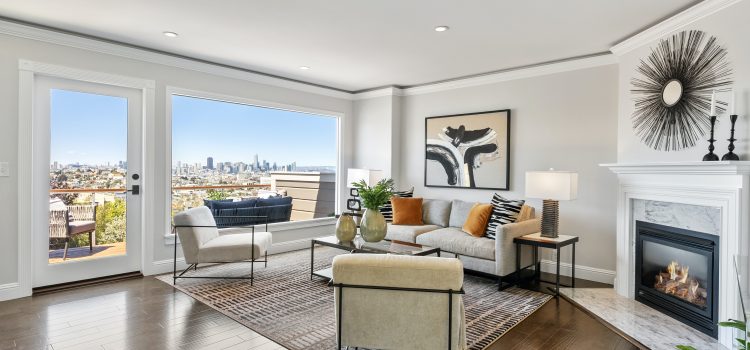
“Are you tired of throwing away your hard-earned money on rent every month? Or maybe the thought of a mortgage payment scares you off from buying a home. Financial planning can be overwhelming, especially when it comes to deciding whether renting or buying is more cost-effective. In this blog post, we’ll break down the pros and cons of both options and guide you towards making an informed decision that aligns with your financial goals.”
The Pros and Cons of Renting
The Pros and Cons of Renting:
There are many pros and cons to renting an apartment or home. Here are a few key points to keep in mind when making your decision:
Pros:
-You may have lower monthly payments than if you were to buy a home.
-Your maintenance costs will likely be lower as your landlord is responsible for fixing any major problems with the property.
-You will have more flexibility to move if your job or lifestyle changes.
-You may be able to rent in a nicer area or larger home than you could afford to buy.
-Renting can help you build up your credit score so that you can buy a home down the line.
-Renting gives you the opportunity to try out a new city or neighborhood before committing to buying there.
Cons:
-You will not build any equity while renting.
-Your rent could increase over time, making it difficult to budget long-term.
-If you want to make changes to your rental unit, you will need permission from your landlord and these changes may not be possible.
-You may feel like you are wasting money each month by not owning your own home.
The Pros and Cons of Buying
There are pros and cons to both renting and buying a home. The cost of living in a rented home is typically lower than the cost of maintaining a mortgage, but there are other considerations to take into account when making the choice between the two.
Renting offers more flexibility than owning, as it is often easier to move from one rental property to another than it is to sell a home. This can be especially beneficial if you are not sure where you want to live long-term, or if your job requires you to move frequently. In addition, renters do not have to worry about many of the maintenance and repair costs that homeowners do – their landlord is typically responsible for taking care of these issues.
However, there are downsides to renting as well. For one, you will never build equity in a rental property – all of the money you pay in rent goes towards someone else’s mortgage payments, rather than your own. In addition, landlords can raise rent prices at any time, which can make it difficult to budget long-term. And finally, while renters don’t have to worry about most maintenance and repair costs, they also don’t have any control over how those costs are handled – so if your landlord decides to skimp on repairs or upgrades, there’s not much you can do about it.
Owning a home has its own set of pros and cons as well. Perhaps the biggest pro is
How to Determine Which Option is More Cost-Effective for You
There are a number of factors to consider when determining whether renting or buying is more cost-effective for you. Here are a few key considerations:
1. The cost of the rental property vs. the cost of a mortgage on a comparable home. Generally speaking, the monthly cost of rent will be lower than the monthly cost of a mortgage payment. However, you’ll need to factor in the upfront costs associated with each option – such as the security deposit and first month’s rent for renting, or the down payment and closing costs for buying.
2. The length of time you plan to stay in the home. If you’re planning on staying in the same place for several years, it may make more financial sense to buy rather than rent (assuming, of course, that you can afford the upfront costs associated with buying). On the other hand, if you’re only planning on living somewhere for a year or two, renting may be the better option since it’s typically easier to break a lease than it is to sell a home.
3. Your financial goals and priorities. This is perhaps the most important factor to consider when making this decision. What are your financial goals? Are you trying to save money for a down payment on a home? Do you want to keep your monthly housing expenses as low as possible? Answering these types of questions will help you figure out which option is more cost-effective for you in the long run.
Conclusion
Purchasing a home and renting an apartment are two financial decisions that require careful consideration. We hope this article has provided you with the basics of what you need to consider when deciding between these two options. Renting or buying can have different advantages depending on your personal situation, so be sure to do your research before making any decision. With the right information and knowledge, you should have no problem finding a solution that works best for you!










